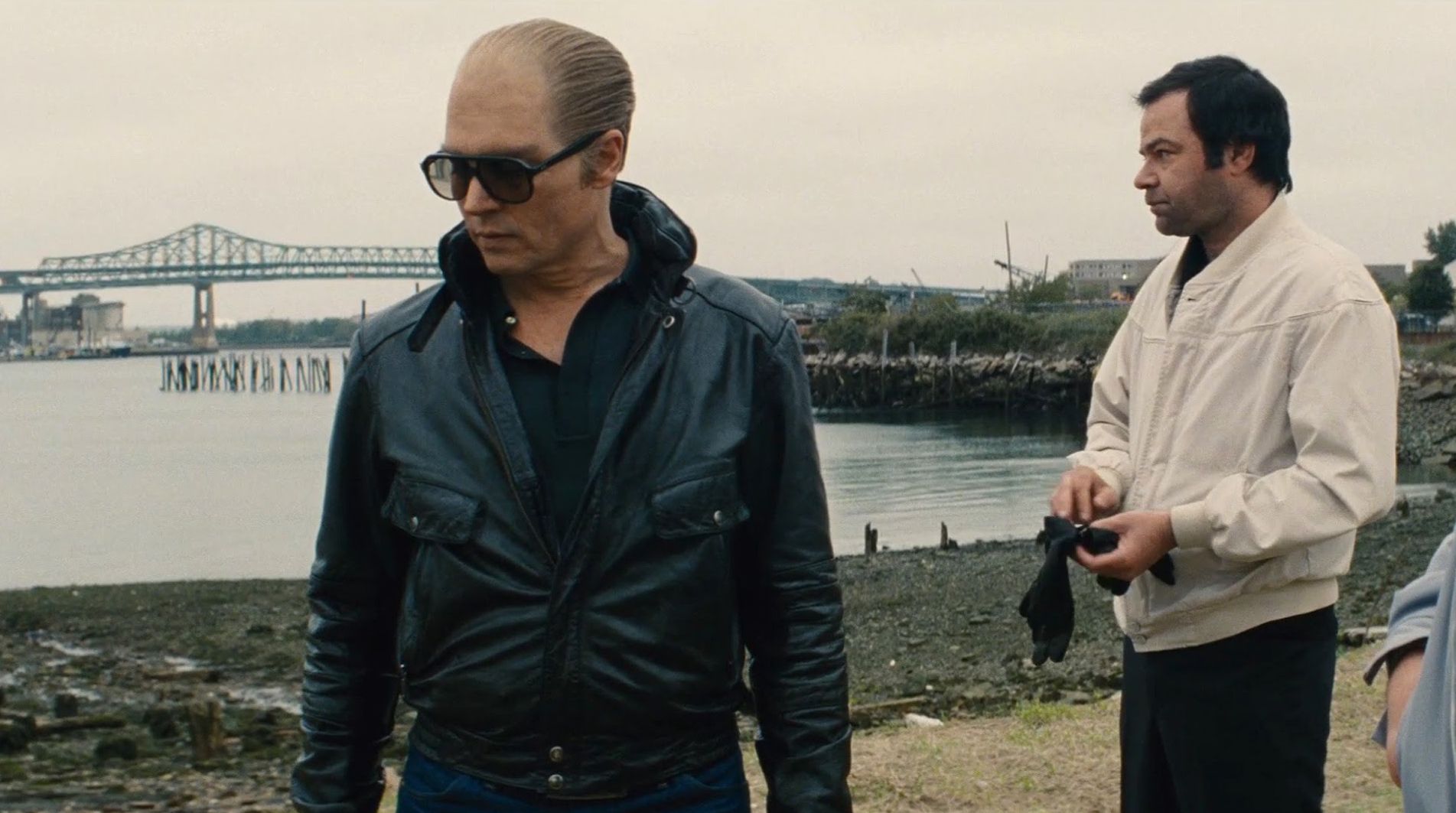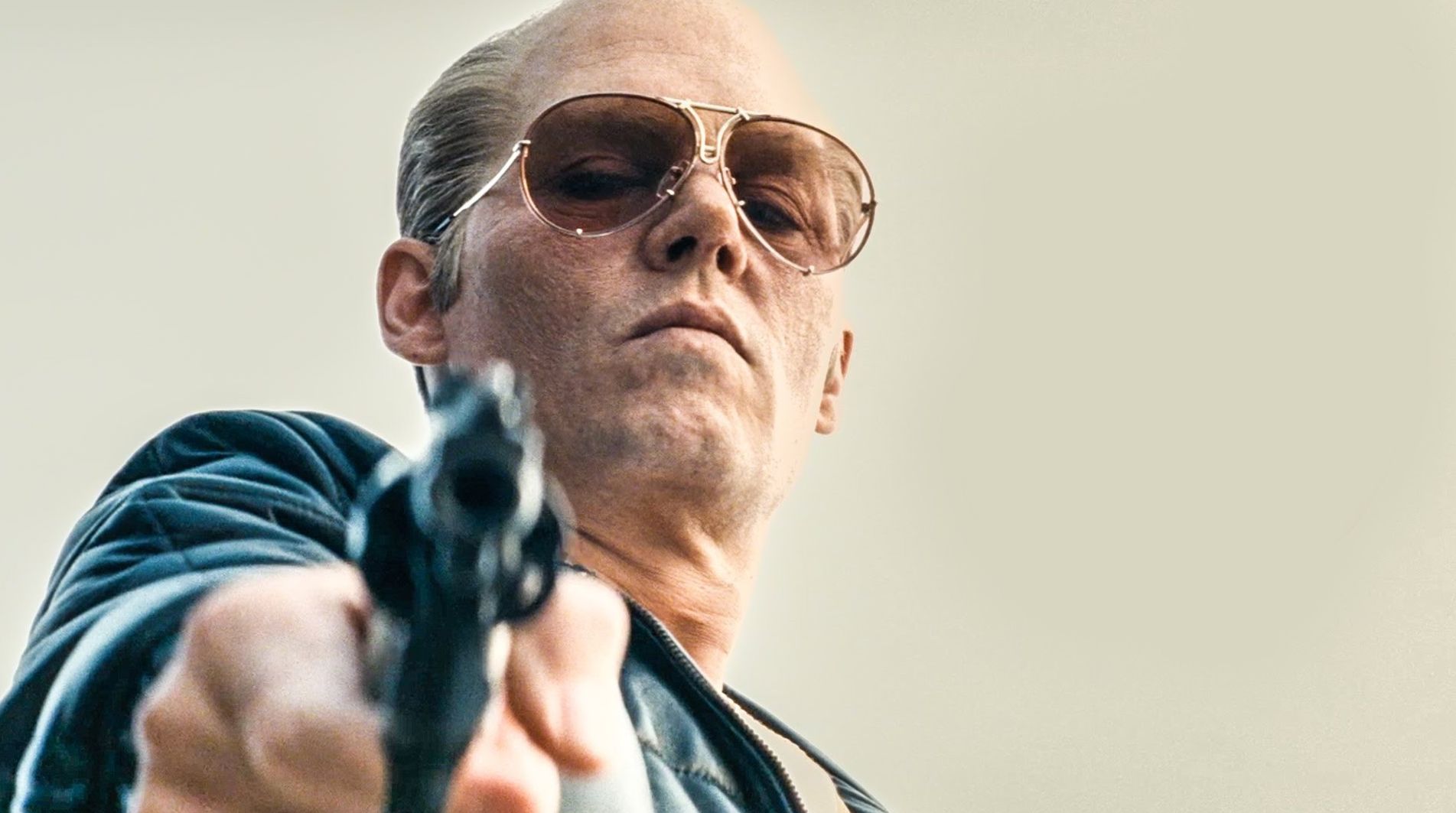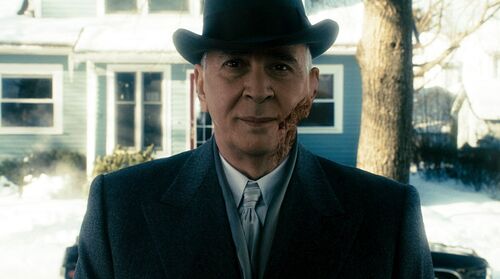
Understanding Johnny Depp's 'Black Mass'
 No sense of the evident drive, in order to comprehend the purpose of Johnny Depp’s recent powerful performance in the Scott Cooper directed film, Black Mass. Lost are the critics of the Depp-art as to why, not just the film exists, but even the character of James “Whitey” Bulger, limned for the screen, which exists, to edify the masses of the true nature of man—a being who can, in fact, change, for better or worse, and leave the world for the rest to see it through the perspective of the evil-blessed soul.
No sense of the evident drive, in order to comprehend the purpose of Johnny Depp’s recent powerful performance in the Scott Cooper directed film, Black Mass. Lost are the critics of the Depp-art as to why, not just the film exists, but even the character of James “Whitey” Bulger, limned for the screen, which exists, to edify the masses of the true nature of man—a being who can, in fact, change, for better or worse, and leave the world for the rest to see it through the perspective of the evil-blessed soul.
Black Mass, one of the most important films of the last year, proffers a far more essential subject than just its central character, performed by the Johnny Depp of the Tim Burton art; in fact by the Johnny Depp of the most glorious, also an essential art of them all, cinema. The film, based on the book, Black Mass: Whitey Bulger, the FBI, and a Devil’s Deal, written by Gerard O’Neill and Dick Lehr, in my opinion, should’ve been titled: True Crime, just so the makers behind the film could inject a sense of interest, first and foremost, for the moviegoers of the blockbuster-ism epoch, an era where the busy generation of the social networks tend to far less tolerate heavy, thoughtful dramas.
There has to be no evident drive here to understand the deeds of James “Whitey” Bulger, on and off-screen, for we, the human, exist to move on in this world through our own very perspectives. In the world of men like “Whitey” hope is not an option. Actually, hope in such world, in such profession, makes no sense. Its definition exists no more in the thoughts of men like “Whitey.” This brings to mind what Alfred Pennyworth said to Bruce Wayne in the Chris Nolan film, The Dark Knight: some men want to watch the world burn.
Cooper’s way of bringing “Whitey” world on the screen isn’t in the form of as if it’s shot like it’s a painting or a documentary. It’s a slow, lugubrious berceuse in the form of a motion picture about a man full of wounds. I’ve been studying the book by O’Neill and Lehr, for to seek an understanding of the world of this simple, cold-hearted man. “Whitey” is no animal, though. I can’t allow myself, for some reason, to name him that. But, I can find peace to settle my thoughts, and call “Whitey” a lost soul among souls, who like a burning candle, passed on the flame to the souls across the street, and therefore, all of a sudden, these men saw the world from the perspective of the first candle. Instead, it's the film that is shot as if it’s a beast, though taking its last breath. And to add salt to the wound of such beast, Tom Holkenborg’s magnificent score, consist of the dark and powerful strings, stirs the emotions through the body—somber, elegiac… hypnotic, as if the beast's blood is streaming down the hall, curving, cold and raw.
Characters in Black Mass wear gray, white, brown and black around “Whitey” while the color of the sun remains golden. As the end credits began rolling, I remember in the cinema, a few months ago, there was a sense of calm. It was as if audiences were leaving a funeral ceremony. The smiles of the characters are of paranoia in the film. Depp here has slipped too far underneath the skin of his character, not due to the make-up. He has understood the movements—gestures of “Whitey” and most importantly “Whitey’s” perspective of the world. Now available on DVD/Blu-ray, Black Mass, isn’t made to glorify all the wrongdoings and to empathize with the character. It’s to watch and understand that for some man, life isn’t a journey, it’s just a day and night deal. There’s no sense of hope or purpose in life for them.
"You need to control. Because you know the game surprises you. And you bite your ass not know when, you know?" - James "Whitey" Bulger



